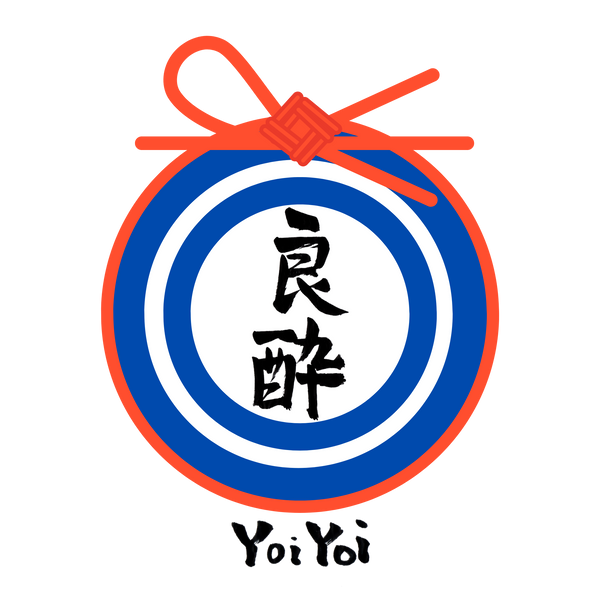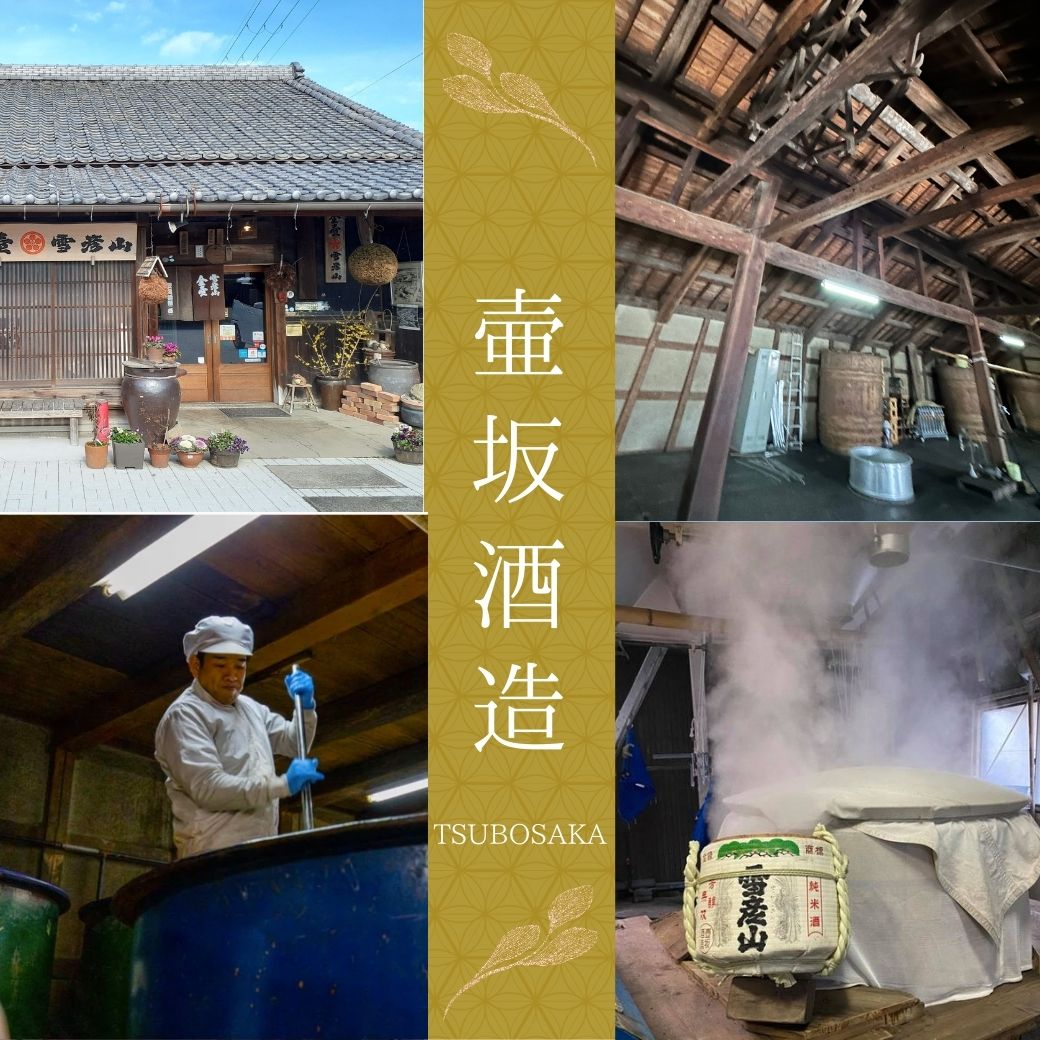Tsubosaka Brewery pursues a distinctive sake profile: "the gentle roundness and slow-spreading flavor that defines authentic Japanese sake." What they seek is the "mellow, soft sensation" that unfolds gently in your mouth when you take a sip.
The brewery's most remarkable characteristic is their commitment to "natural fermentation" - they use absolutely no mechanical temperature or humidity control systems like air conditioning. Instead, they entrust everything to the natural climate of the Harima region (which includes Himeji City) and specifically Yumesaki Town, preserving ancient brewing techniques passed down through generations.
Their method is beautifully simple yet sophisticated: they harness the dramatic temperature differences between day and night in their local area, controlling the brewery's temperature and humidity simply by opening and closing the brewery doors. This allows the sake to ferment and mature naturally. This approach is known as "natural fermentation that can only be achieved in Yumesaki Town" - a truly unique methodology.
Their brewing philosophy is refreshingly humble and profound. As they put it: "We don't make sake. The yeast makes sake." They see their role as simply "creating an environment where yeast can ferment most comfortably." Viewing yeast as living beings, the brewery workers (called kurabito in Japanese) consider themselves "caretakers who tend to the yeast, ensuring they can work in the most comfortable environment possible."
The Team: Three Generations Working Together
Sake production is handled by a three-person team: the current 10th-generation head, Yoshiaki Tsubosaka, the toji (master brewer), and a young brewery worker. After studying brewing at university, Tsubosaka returned to take over his family's brewery. However, he initially struggled with the gap between academic theory and practical brewing, finding it difficult to create the sake he envisioned. It took him approximately 10 years to finally achieve what he considers "Tsubosaka's signature gentle flavor."
Community Engagement: The Unique "Remote Sake Brewing" Project
One of their most innovative recent initiatives involves the revival of "Benkei," a phantom sake rice variety that was cultivated in the region about 100 years ago before nearly disappearing. This connects to their groundbreaking "#Remote Sake Brewing" project.
Born from the challenges of COVID-19 when in-person events became difficult, this creative project recruits participants through social media who grow Benkei rice at their own homes. Participants then send their harvested rice to Tsubosaka Brewery, where it's used to create actual sake. The project combines online guidance for cultivation and offline harvest events, creating a truly unique hybrid experience. In 2022, an impressive 286 people participated in this project.
Using the Benkei rice harvested through this project and yeast cultivated from the brewery itself, and following brewing records from the early Showa period (about 100 years ago), they created "Yamahai Junmai Yukihiko-san Koou 100-nen" (a traditional style of sake named after a local mountain). This exceptional sake has won gold medals at the National Warm Sake Contest for two consecutive years, embodying the special passion and dedication of participating fans and farmers.
A Living Tradition with Modern Innovation
While the "Remote Sake Brewing" project represents Tsubosaka's innovative spirit, it's just one expression of their deeper philosophy. Day after day, the three-person team continues their traditional craft, opening and closing brewery doors with the rhythm of the seasons, tending to their yeast like devoted caretakers.
Their regular sake lineup embodies the same gentle, rounded flavors achieved through natural fermentation - each bottle a testament to over 200 years of brewing wisdom passed down through ten generations. Whether it's their everyday offerings or the special commemorative bottles from community projects, every drop reflects their unwavering commitment to working with nature rather than against it.
Come taste the difference that only time, tradition, and the unique climate of Yumesaki Town can create.

